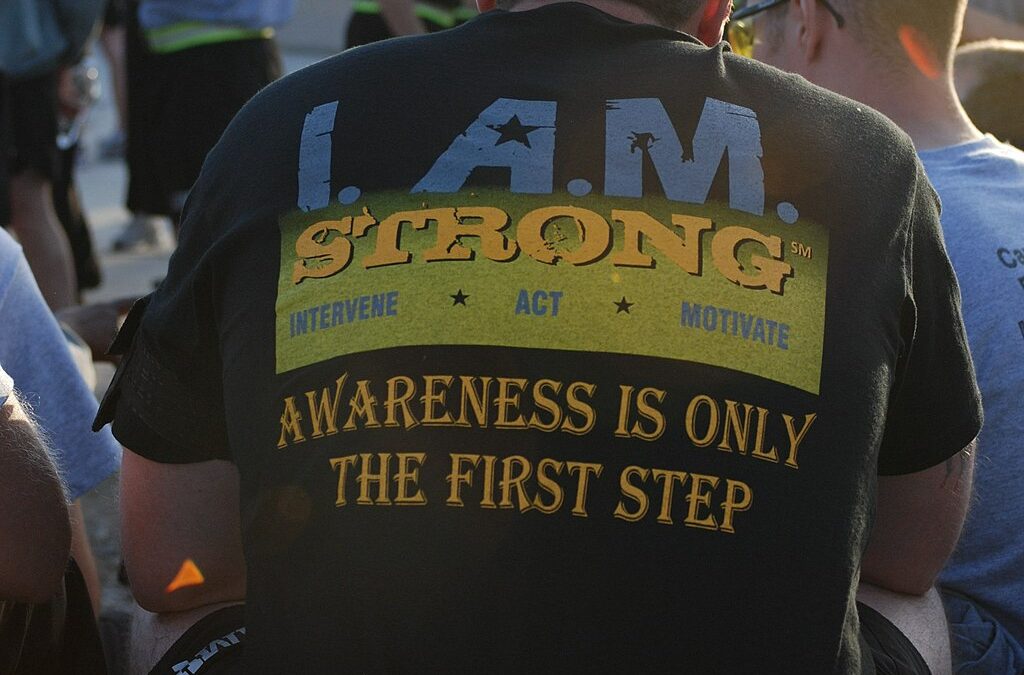Sexual assault continues to be a serious problem across every branch of the American military. But, what many may not realize is that military sexual assault affects both men and women. In fact, according to the Department of Defense (DoD), in 2020, there were 6,362 reported cases of sexual assault involving service members. Of that total, nearly one-quarter (1,432 cases) involved male victims.
As The Problem Grows, So Do Misconceptions
Non-consensual sexual contact and assault can take many forms. Rape, sexual harassment, and verbal abuse all inflict serious physical and psychological effects on victims, impacting their ability to function within their personal lives and preventing them from performing their military duties, as well.
Sexual assault of men in the military is not only widespread—it’s also grossly underreported. According to a recent article in The Intercept, the Pentagon estimates that every day, likely more than 45 men in the Armed Forces are sexually assaulted. (Women experience roughly 55 assaults per day.)
Over the past 20 years, the Department of Veterans Affairs (DVA) has invested a lot of time and resources into addressing the issue of sexual misconduct in the military. Policies have been designed and redesigned over the years to better protect and support all victims, but there’s been a lapse in recognizing that men in the military need our help, too.
In 1992, the DVA was authorized to enact The Veterans Health Act. The policy offers treatment to women who experience military sexual trauma (MST) while on duty. Two years later, the DVA was given resources and directed to do the same for male veterans.
More recently, a RAND report estimated that 1% of active servicemen have experienced sexual assault in the past year and 5% of servicewomen have as well. The ways in which MST affect victims, no matter their gender, are incredibly complex and can inflict long-lasting harm. And men in the military report the same struggles with post-traumatic stress disorder (PTSD), mental health and anxiety, and suicidal thoughts as female victims.
Widespread Awareness and Advocacy Are Needed
According to the U.S. Naval Institute, there’s a pervasive culture of mistrust and disbelief regarding male victims of sexual assault. Retired Air Force Col. Don Christensen, the president of the military sexual trauma advocacy group Protect Our Defenders, points to the need for change. Approximately 19,255 men report they’ve experienced sexual assault in 2021 alone. But despite these growing numbers, few cases with male victims culminate in a court-martial, says Christensen.
There are big holes in how male-against-men violence in the military is perceived and handled. Post-assault trauma and care needs are also only vaguely understood.
Of course, we want to stop all instances of sexual violence and assault. As many studies have been done with female victims, we need to better understand what’s happening with male victims, as well.
Much like their servicewomen sisters, male military sexual assault survivors are reticent to report issues for fear of repercussions from their peers and superiors. Because of this lack of transparency, several misconceptions contribute to the misunderstanding and marginalization of male victims. Many incorrectly believe that:
- Male sexual assault victims must be gay.
- Only gay men are aggressors of assaults against other men.
- It’s impossible to force a man to have sex unless they are aroused and want to.
- Women are physically unable to rape a man.
- Men just don’t rape other men.
- Men aren’t traumatized by sexual assault to the same level that women are.
Connecting Our Brethren with the Help They Need
Although we may still be learning about how best to help our brothers who’ve been victimized, there are indeed resources specifically available to help survivors.
- The DoD has implemented various programs and initiatives to address sexual assault in the military and to provide support to victims. This includes the Sexual Assault Prevention and Response (SAPR) program, which provides support and resources to victims of sexual assault, and the Military justice system, which allows for the prosecution of offenders.
- The Safe Helpline, a program established by the Department of Defense (DoD), offers completely confidential support for military sexual assault survivors. Support is available 24 hours a day, seven days a week, through online chats, phone (877-995-5247), and text messaging.
If you or someone you know has experienced sexual assault in the military, it is important to report it and to seek support and resources to help you heal and cope. In addition to the above resources, you can also call the National Sexual Assault Hotline at 1-800-656-HOPE for 24/7 confidential help.
Get in Touch
As a fierce advocate for sexual assault survivors across the globe—both within and outside of the military—my goal is to raise awareness, increase advocacy, and help enact positive change by telling our stories.
Please visit and read my blog archive and I invite you to connect any time and share your own story or ask questions. Don’t hesitate to reach out.


